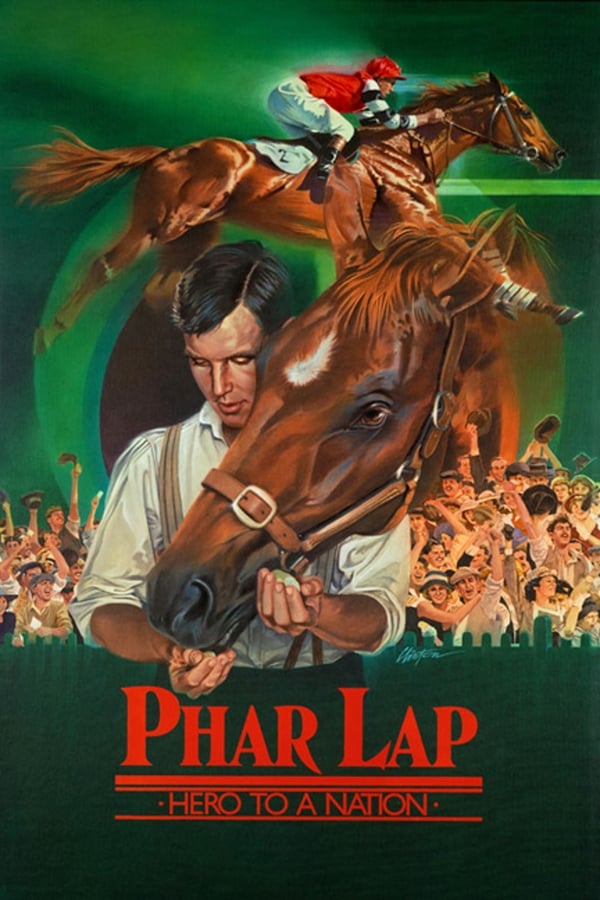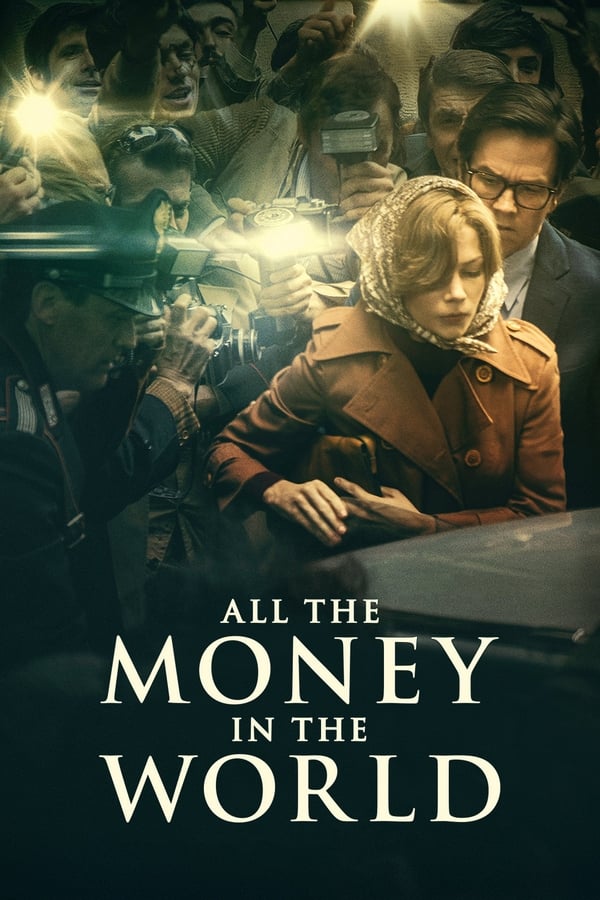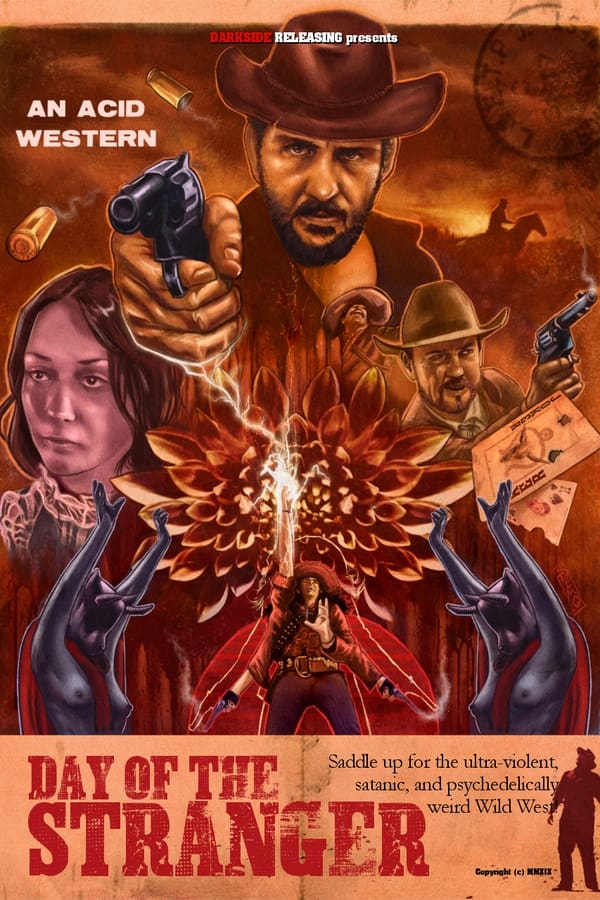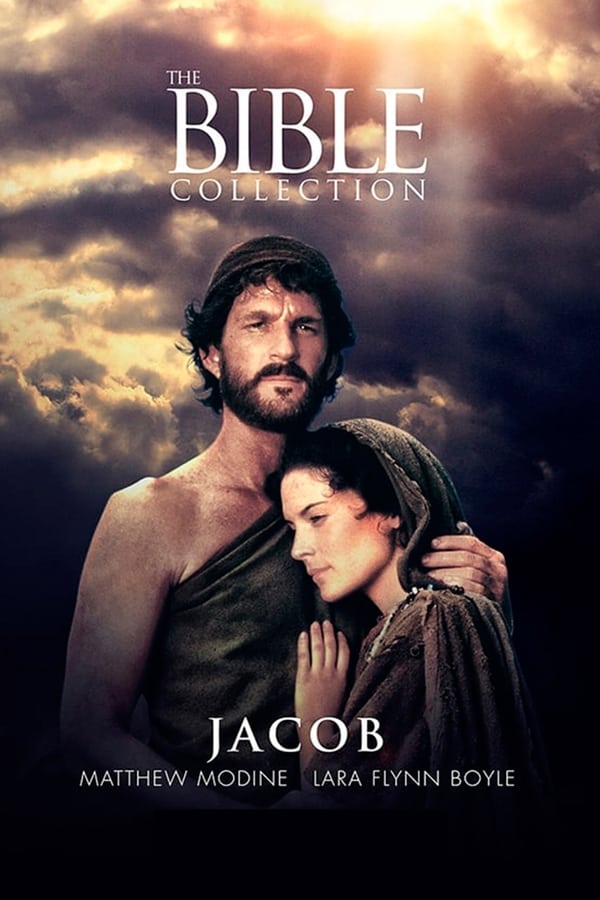Trailer
Toggle light
Comments
49 Views
Report
FavoriteIf current server doesn't work please try other servers below.
Server
Vidsrc
Server
1080P Only No ads
Server
GD
Server
StreamBucket

Phar Lap 1983 Watch Free
Phar Lap Watch Free: The Story of Australia’s Greatest Racehorse
Phar Lap, a chestnut Thoroughbred horse, is remembered as one of the most iconic and beloved racehorses in Australian history. His journey from humble beginnings to becoming a national hero is not only a testament to his remarkable ability but also the bond between him and his strapper, Tommy Woodcock. This story, filled with triumphs and struggles, is one of determination, heart, and an unbreakable spirit. In this article, we explore Phar Lap’s rise to fame and his eventual untimely death, and how you can watch this legendary tale unfold for free.
The Beginning of Phar Lap’s Journey: From New Zealand to Australia
Phar Lap’s story begins in 1928 when he was purchased for £168 from New Zealand, sight unseen, and brought to Australia. His trainer, Harry Telford, along with his wife Vi and their young son Cappy, anxiously awaited the arrival of the colt. When Phar Lap was lowered onto the wharf, he was in poor condition, underweight, and covered in warts. Despite these unimpressive physical traits, Telford was convinced that Phar Lap had extraordinary potential. However, Phar Lap’s owner, David Davis, was unimpressed, calling him a “cross between a sheep dog and a kangaroo.” Initially, Davis wanted to sell the horse immediately, but Telford managed to secure a lease agreement to keep Phar Lap under his care, paying for the horse’s upkeep and agreeing to share the winnings with Davis.
The Bond Between Phar Lap and Tommy Woodcock
From the very start, Phar Lap formed a special connection with his young strapper, Tommy Woodcock. As Telford began training the horse rigorously, Tommy became increasingly concerned for Phar Lap’s well-being, especially after witnessing the horse’s exhaustion following intense training sessions. When Telford fired Tommy for speaking up, Phar Lap refused to eat and showed signs of distress. This led Telford to reinstate Tommy, understanding that the horse’s success depended on the bond he shared with his strapper. Under Tommy’s care, Phar Lap began to thrive.
Phar Lap’s Early Races and Breakthrough Victory
Initially, Phar Lap struggled in his races, but Tommy soon realized that the horse preferred to come from behind rather than take the lead early. With careful training, Tommy helped Phar Lap improve, and soon the horse was ready for bigger competitions. Phar Lap’s first major victory came in the 1929 Australian Derby, marking a turning point in his career. The win, which saved Phar Lap from being sold and provided a much-needed financial boost for Telford, was just the beginning of his dominance on the racetrack.
The Rise to Fame: Dominating the Australian Racing Scene
As the Great Depression swept across the world, Phar Lap became a symbol of hope and resilience for the people of Australia. He won every race he entered, including the prestigious Melbourne Cup in 1930. Despite the growing fame, Phar Lap’s success came with its challenges. His owner, Mr. Davis, sought to capitalize on the horse’s popularity through shady betting schemes, much to the dismay of Telford, who wanted no part in the gambling world. Telford’s concerns grew when Davis pressured him to pull Phar Lap from the Caulfield Cup to maximize his betting returns, a decision that Telford reluctantly agreed to under financial pressure.
Phar Lap’s Unbreakable Spirit: The Melbourne Cup and the Threats to His Life
In 1930, as Phar Lap prepared for the Melbourne Cup, his life was threatened when someone attempted to shoot him during a routine walk. Tommy Woodcock heroically placed himself between Phar Lap and the shooter, ensuring the horse’s safety. Fearing for Phar Lap’s life, Tommy and the horse went into hiding at a stud farm outside Melbourne. When it was time for the 1930 Melbourne Cup, they arrived just in time, and Phar Lap, ridden by jockey Jim Pike, claimed victory in front of a cheering crowd.
The Struggles of Ownership and The Growing Tensions with Mr. Davis
After Phar Lap’s success, ownership tensions began to rise. With the three-year lease agreement expiring, Mr. Davis offered to sell half of Phar Lap’s ownership to Telford for £20,000, an amount Telford could not afford. In a desperate move, Telford pretended that Phar Lap was lame and convinced Davis to sell the share for just £4,000. Davis later realized he had been tricked when Phar Lap won easily in his next race. This event highlighted the ongoing tension between the trainer and the owner, a relationship strained by differing values and priorities.
The Melbourne Cup of 1931: Phar Lap Faces Unprecedented Challenges
In 1931, the Victoria Racing Club imposed an extraordinary weight of 10 stone 10 pounds (68 kg) on Phar Lap for the Melbourne Cup. Despite this, Phar Lap surged ahead during the race but ultimately finished in eighth place, to the dismay of the crowd. The pressure on Phar Lap continued to mount as his owners and trainers faced increasing public scrutiny and challenges from the racing authorities.
Phar Lap’s Final Challenge: The Agua Caliente Handicap
As Phar Lap’s career reached its peak, Mr. Davis made the controversial decision to send him to race in the United States, hoping to find easier competition. Despite his initial reluctance, Tommy Woodcock agreed to accompany Phar Lap, knowing the horse would only perform well with him by his side. The Agua Caliente Handicap in Tijuana, Mexico, became Phar Lap’s final race. Although Davis clashed with Tommy over training methods and the horse’s health, it was Tommy’s guidance that helped Phar Lap achieve a stunning victory. Unfortunately, Phar Lap raced with a painful hoof injury, which remained undiscovered until after the race. The victory was bittersweet, as it marked the beginning of the end for Phar Lap’s remarkable career.
Phar Lap’s Untimely Death: A National Tragedy
Phar Lap’s life came to a tragic end in 1932, when he collapsed and died in Tommy Woodcock’s arms at Menlo Park, California. The sudden loss of the horse sent shockwaves through Australia, and the nation mourned the death of their greatest sporting icon. The cause of his death remains a mystery, and conspiracy theories have long circulated, adding to the enduring mystique of Phar Lap’s legacy.
Watch Phar Lap’s Inspiring Story for Free: Relive the Legacy of Australia’s Greatest Racehorse
If you haven’t yet experienced the incredible story of Phar Lap, now is the perfect time to watch the movie “Phar Lap” and witness the legendary journey of this remarkable horse and his devoted strapper, Tommy Woodcock. Whether you’re a racing fan or someone seeking an inspiring tale of perseverance and triumph, Phar Lap’s story will leave you captivated. Don’t miss the chance to watch Phar Lap for free and immerse yourself in the heartwarming and thrilling tale of Australia’s most celebrated racehorse.
You may also like
×











